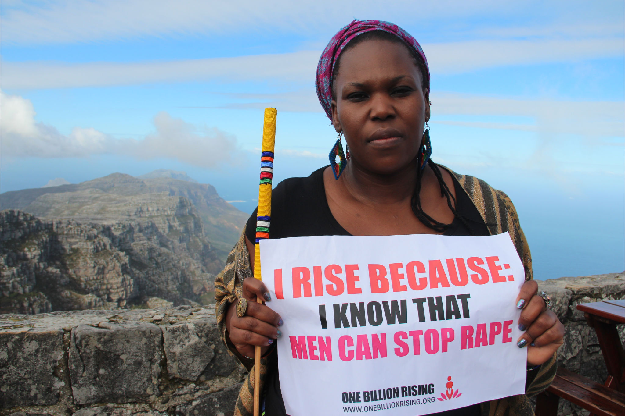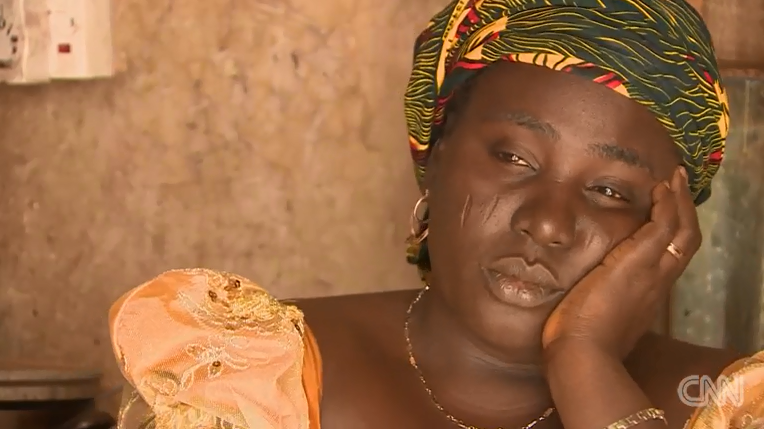Toyin Falola
Africa’s enduring resilience has deep roots in the spiritual strength and silent defiance of women during the era of slavery, scholars have said.
The scholars spoke at the latest edition of ‘The Toyin Falola Interviews’.
The session, themed ‘Global Africa, Women, and Slavery’, was moderated by Ana Lucia Araujo, a professor at Howard University.
The discussion examined the book by Toby Green’s, a British historian, titled, The Heretic of Chacheu: Struggles over Life in a 17th-Century West African Port’, and drew insights into the gendered dimensions of slavery and women’s resistance.
Advertisement
Toyin Falola, a scholar of African history and humanities, described the dialogue as a necessary intellectual reflection on the women who kept Africa’s soul alive in its darkest centuries.
“Africa’s strength is inseparable from the women who endured enslavement, preserved families, and safeguarded moral order when everything else was broken. Their courage was both spiritual and social,” he said.
Hassoum Ceesay, director of The Gambia’s National Centre for Arts and Culture, reflected on how women in the Senegambian region preserved cultural memory during slavery.
Advertisement
“The everyday lives of women seen in crafts, songs, and family rituals, were quiet acts of resistance that sustained community identity,” he said.
Mariana Candido, a professor at Emory University, highlighted the paradox of women’s power within oppressive systems.
“Even within structures of inequality, women negotiated land, marriage, and kinship ties in ways that asserted agency. Their power did not always reside in open rebellion — it often lived in endurance and subtle defiance,” she said.
On his part, José Nafafé, an associate professor at the University of Bristol, connected the conversation to the wider Atlantic world, linking African, Portuguese, and Brazilian histories.
Advertisement
“The story of the Atlantic slave trade is also a story of spiritual migration — how women carried Africa’s rituals, faiths, and ethics across oceans,” he said.
Robin Chapdelaine of Stanford University linked historical slavery to ongoing struggles against human trafficking and gender inequality.
“Understanding the women of the slave era teaches us how strength and suffering coexist — and how justice must address both history and the present,” she said.
Advertisement







